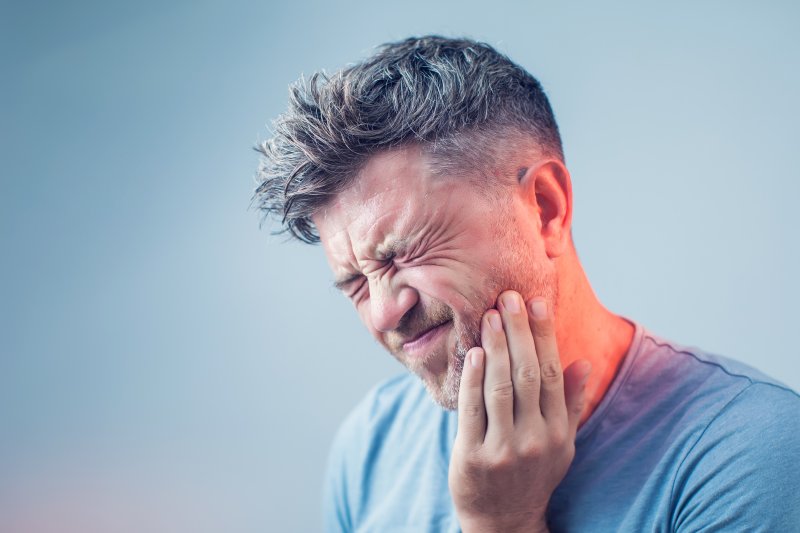
Life is known for involving a few emergencies, but dental emergencies have a strange way of happening at the worst possible times. While some dental issues like minor chips may be able to wait a while before being treated, others, such as dislodged teeth, require immediate care from a dentist or an emergency room. Here are a few tips to help you get the professional care you need when you have a dental emergency.
What Is Considered a Dental Emergency?
Dental emergencies involve severe pain, discomfort, or trauma and require immediate attention to prevent the problem from worsening. While lost fillings, chipped veneers, and dental appliance breakages are certainly bothersome, they don’t count as dental emergencies. A few emergency dental situations include:
- Dental injuries: If a tooth is broken, severely cracked, or dislodged, it will need to be treated soon to avoid being lost. If you have a dislodged tooth, do your best to retrieve it. Never touch the root. Place it back in its socket or in a container with saliva or milk for transport.
- Soft tissue injuries: Injuries to the mouth can result in cuts or bites to your lips or tongue. If these injuries are severe enough, they may require stitches.
- Advanced oral infections: If you suddenly experience a throbbing toothache, it could be the result of advanced tooth decay attacking the nerve in the pulp of the tooth. Bleeding or aching gums can be a sign of periodontal disease.
What Should I Do If I Need Emergency Dental Care?
Contact your dentist’s office immediately if you are experiencing any of the emergencies listed above. Many dental offices offer same-day emergency appointments. Explain the situation to them and let them know that you’re on your way. If your call is sent to their answering machine, leave a message with your name, your telephone number, and a detailed description of your symptoms.
If you can’t find an emergency dentist’s office open, head to an emergency room. The staff will be able to provide you with pain medication to keep you comfortable and antibiotics to control the infection. If you have dislodged a tooth, they can treat it with a product that can keep it in savable condition for up to twenty-four hours. Afterward, call your dentist’s office as soon as it opens to make an emergency appointment.
Dental emergencies are never pleasant, but knowing what to do can lead you to the best possible outcome. A trained emergency dentist will be well-equipped to address the problem and have you smiling comfortably again.
About the Author
Dr. Carole Emanuel earned her dental doctorate at Indiana University School of Dentistry and has completed more than five hundred hours of continuing education courses. She is proud to hold a Fellowship in both the International Congress of Oral Implantologists and the Academy of General Dentistry. Her office in Lakewood, CO offers general, pediatric, cosmetic, restorative, and emergency dentistry. If you are experiencing a dental emergency, dial (303) 986-0090 or contact the office online to schedule an appointment.

